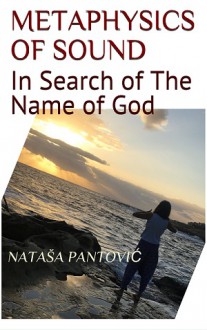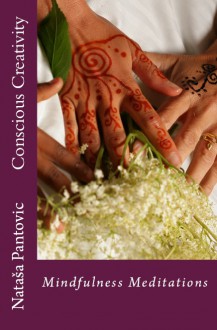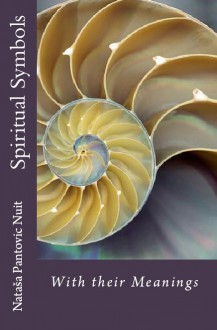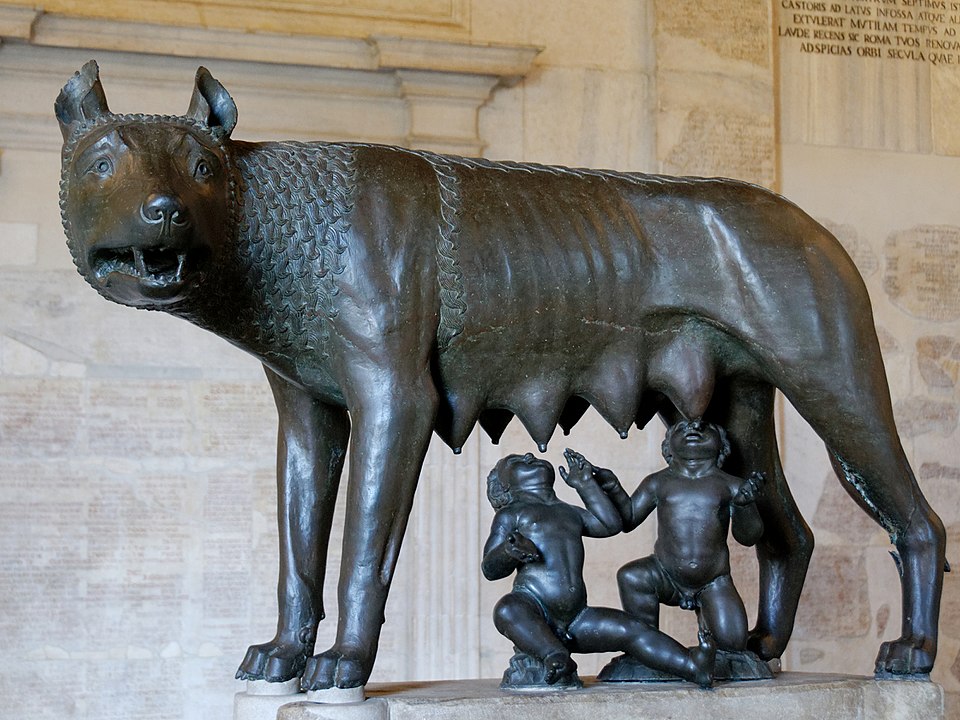Etruscans Language Culture Origin https://artof4elements.com/entry/etruscans-language-culture-origin
Learnings from Cyrillic Alphabet
History is a fascinating subject. Researching god or consciousness even more so! We read amazing accounts about ancient wisdom traditions such as Platonism, Orphism, Orthodox Christianity, and in China Taoism, and neo-Confucianism.
Etruscans origins
by Nataša Pantović

The Big Dipper Ancient Symbol Sky 6 Cycles
The insights from these traditions intersect with recent findings in metaphysics or biology. What brings the two into resonance is their mutual commitment to speak of the matter as alive. The four elements expressed through trinity that are defined by entangled triangle of relationships reflected in our language development.
Another visit to Serbia, this summer, and I was back researching the same scientific question, same puzzle that has certainly no answers yet it is an interesting exploration.
Were Slavs in Balkan as early as 431 BC?
The genetic origins of Etruscans are mixed between aboriginal people of the region (Slavs?) and people from Europe predominantly Spain. The aboriginal population may have settled in Balkan millennia prior to the invasion.

Vincha symbols Ancient Serbia 6,000 BC
Etruscan history
The Etruscans occupied the region to the north of Rome, The Romans were their conquerors.
The Greek historian Herodotus tells us that the Etruscans came from Lydia. Sure enough historians argue who are the Lydians. Herodotus tells us of their ships and multitude, claiming that the half of the population left under the leadership of Tyrrhenus. Another Greek historian, Dionysius of Halicarnassus, in his Early History of Rome also claims that the Etruscan were the aboriginal inhabitants of their area. Slavs?
The literature on the question of Etruscan origins divides into
1. Northern Origins
2. Oriental (Near-eastern) Origins
The aboriginal peoples of North Italy could have been Slavs. The Adriatic Sea, the sea to the east of Italy, bordering Croatia, Slovenia and Montenegro, all Slavic states, was named after the Etruscan port of Adria. The funerary practices of the people of North Italy has the parallel to the Vinča Culture. The Etruscans cremated their dead, a practice also known in the Danube Culture, no grave yards have been found near the settlements for thousands of years.
This very vibrant culture hosted different nationalities. In the Etruscan ruins there are objects from Greece, North Africa, and southern France. The Etruscan traders brought those craft objects to Etruria. The major exports of Etruria was copper and iron from the local mines, the same found with their Northern neighbors.
The affinities of the art and symbols found in the area resonate with spirals...

Ancient Slavic Symbol Circle
Etruscan and Linguistic Research
The question became more intriguing when, in the nineteenth century, it was discovered that most of the languages of Europe belonged to one big language family called Indo-European but Etruscan was not one of them. Is this rightly so?
The linguist claim that Etruscan was not a member of the Indo-European language family was challenged by some Slavic archelogy and linguistic researchers. These Balkan Slavs, find the inspiring relationship between words, just introducing the now, in scientific circles, lost Š, Đ, Č, Ć, Ž, DŽ.
A book that I have recently explored was The development of Etruscans Language from Svetislav Bilbija, his self-created dictionary of words with the alternative history of Slavs, claiming that Etruscans and Slavs were of the same ethnicity, 1984 New York print. He calls them “Rašani“.

Old European Language Svetislav Bilbija, 1984, New York Press
The analysis of the alphabet after reading this interesting book -


 Log in with Facebook
Log in with Facebook 












